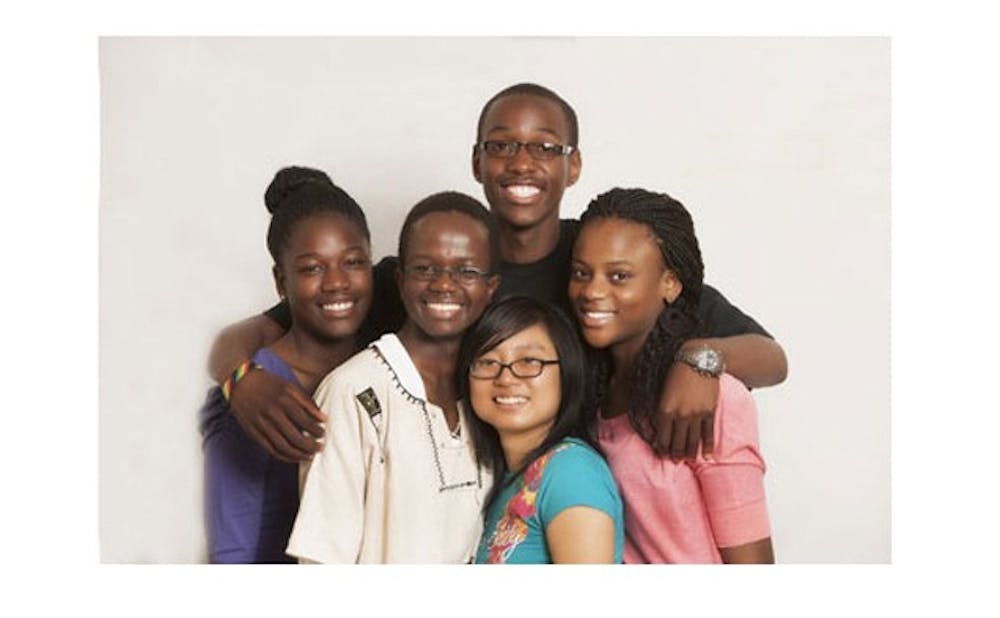Five freshmen brought together by a common scholarship are determined to create change in their home countries in Africa.
The MasterCard Foundation granted Duke $13.5 million to fund scholarships to economically disadvantaged African students and provide them with resources to improve their home countries. There will be seven classes with five scholars each, the first of which started class this Fall. The students said they plan on using the opportunities generated by the program to give back to their home nations.
Scholarship recipient Olaotan Awoyomi, who attended the African Leadership Academy in South Africa, said she hopes to improve health care in her home country, Nigeria.
“The problem right now is mismanagement of resources—[Nigeria] has lots of resources, but the government is corrupt,” Awoyomi said.
Awoyomi added that she wants to utilize her passion for dance to teach young girls in Nigeria so that she can help those who have not yet received opportunities like this scholarship.
Zimbabwean scholar Clive Mudanda said his focus is on environmental problems such as waste management and pollution.
“I won’t wait until I graduate to start working on this,” Mudanda said. “Thanks to the program, I’ll have the funds to work on this problem right away.”
Education in Africa needs a major overhaul, said Sbusisiwe Sibeko, from South Africa. Her ultimate goal is to work for the United Nations.
Sibeko said she sees education as the only way to liberation.
“Even though politics in Africa are very corrupt, as long as people remain uneducated and unaware of what’s happening, the problems will simply continue,” she said. “My hope is to change the way education is utilized in my country. It can be used to maintain the oppressive social structure, or it can be used to liberate.”
Allan Kiplagat also wants to improve education in his home country, Kenya. Having attended Kenyan schools his entire life, Kiplagat has considered which areas need improvement, such as the lack of depth in high school curricula. He said he is also interested in combining electrical and computer engineering, with entrepreneurship, which he said Kenya desperately needs.
“The key is innovation,” Kiplagat said. “We need to train people to think outside the box. They cannot go to school and learn just to work for someone else—they need to learn so that they can start their own companies and create jobs.”
The fifth scholar, Tian Chan Dong of South Africa, could not be reached for comment.
Although the transition from Africa to America has been challenging at times for these students—Kiplagat said food has been the most difficult adjustment—it has been eased by the community-wide bonding between international students begun during international orientation. The five students have also learned to lean on each other for friendship and support, Mudanda said.
“Six weeks ago, none of us knew each other,” Mudanda said. “Now when I’m with these guys, I feel like we all have something in common.”
Kiplagat called the relationship shared by the five students a family.
“We all understand the value of higher education, coming from academically challenged backgrounds,” Kiplagat said. “Each of us knows that we wouldn’t be here if it weren’t for this program.”
Get The Chronicle straight to your inbox
Signup for our weekly newsletter. Cancel at any time.

